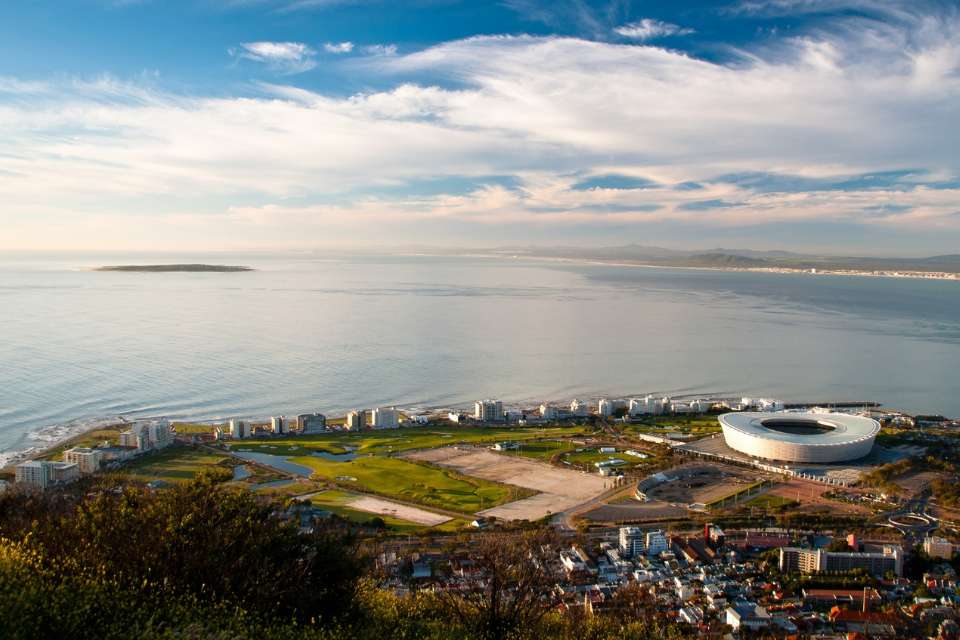Welcome to our guide on Robben Island! If you’re wondering where to find this iconic historical site, you’ve come to the right place.
Robben Island is located in Table Bay, just 6 miles north of Cape Town, South Africa. Situated 5 miles west of the mainland, this small island covers an area of approximately 5 square miles.
To reach Robben Island, you can hop on a ferry from the Nelson Mandela Gateway at the V & A Waterfront in Cape Town.
Key Takeaways:
- Robben Island is situated in Table Bay, near Cape Town, South Africa.
- It is just 6 miles north of Cape Town and 5 miles west of the mainland.
- Robben Island can be reached by ferry from the Nelson Mandela Gateway at the V & A Waterfront.
Robben Island’s Historical Significance
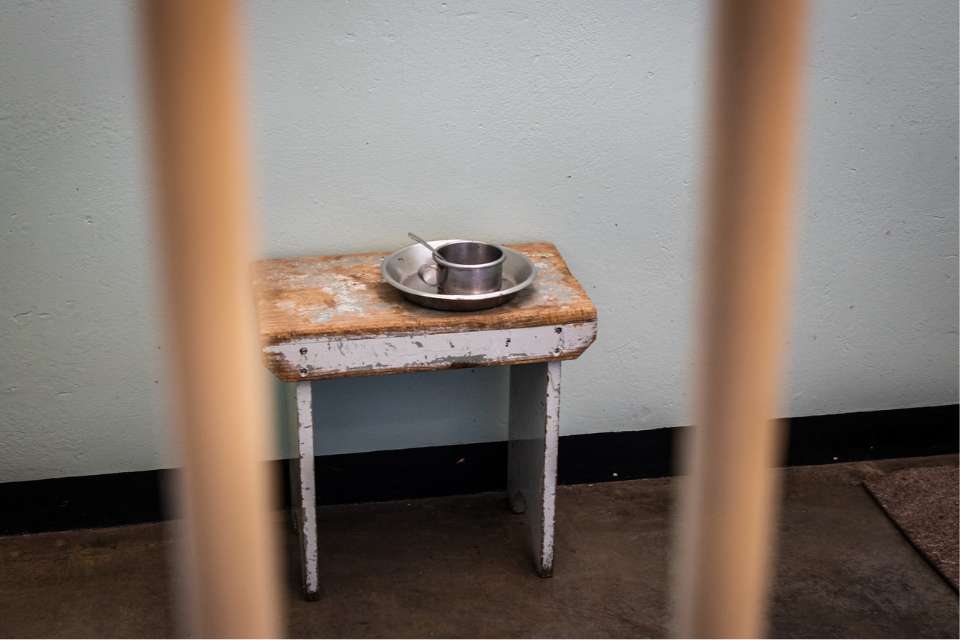
Robben Island holds a significant place in history, spanning over 500 years. This historic island has been a site of isolation since the late 17th century. It served as a prison, housing both political prisoners and criminals, until 1996.
One of the most notable figures imprisoned here was none other than Nelson Mandela, the iconic political activist and former President of South Africa, who spent 18 years of his life on this island.
Today, Robben Island stands as a UNESCO World Heritage Site, attracting thousands of visitors each year who are eager to explore its remarkable historical significance.
How to Get to Robben Island
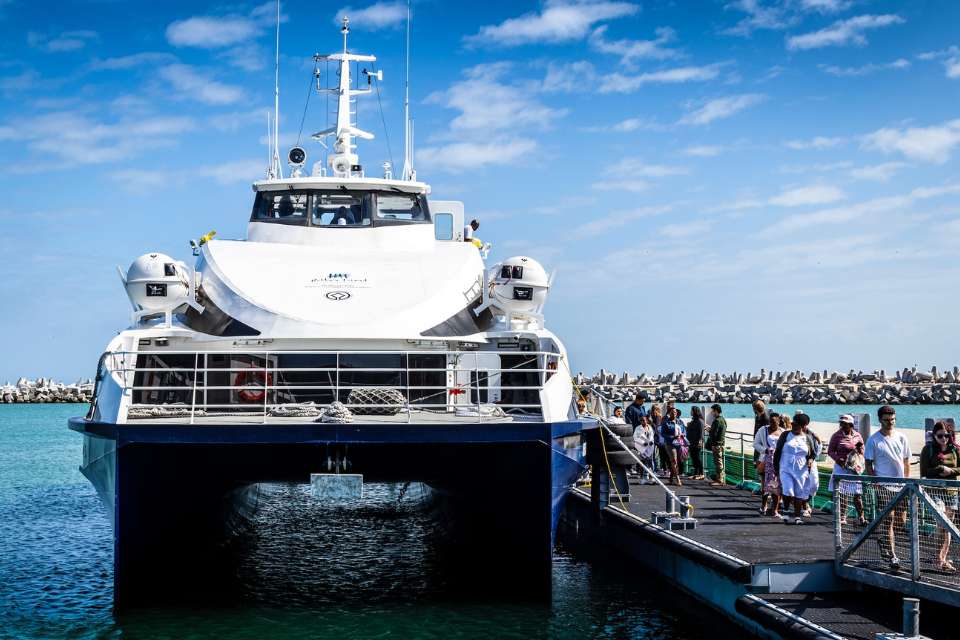
To visit Robben Island, you can take the Robben Island Ferry from the Nelson Mandela Gateway at the V & A Waterfront in Cape Town. The ferry trip typically takes around 3.5 hours, including the journey to and from the island. We recommend booking your tour in advance to ensure availability.
Once aboard the ferry, you’ll enjoy breathtaking views of Table Bay and the picturesque coastline as you make your way to Robben Island. The scenic journey adds to the overall experience of visiting this historic site.
To secure your spot and make the most of your visit to Robben Island, it’s essential to plan ahead and obtain the necessary ferry tickets. Prepare for an unforgettable journey to this significant location.
Exploring Robben Island
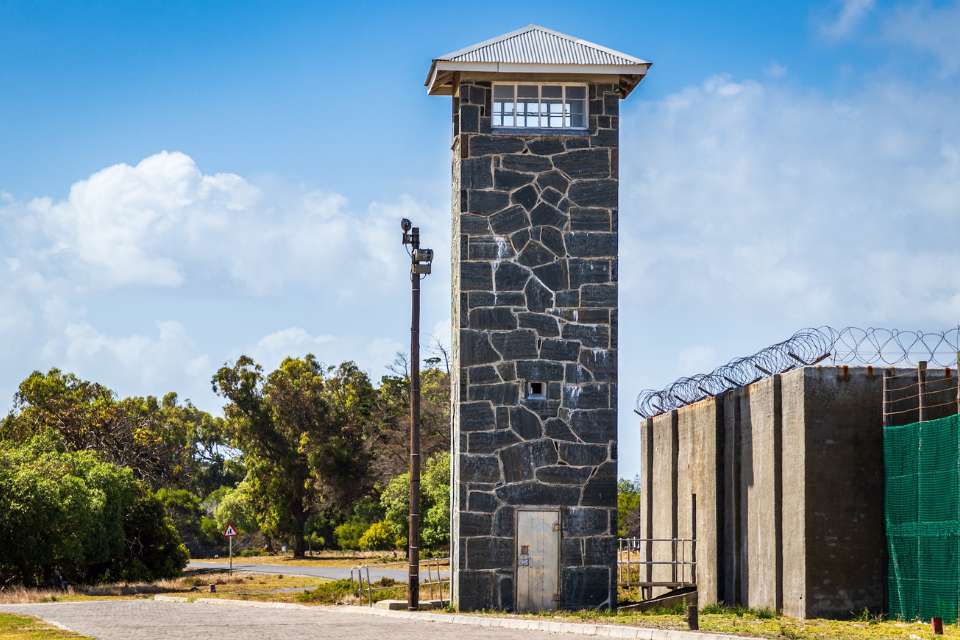
Once on the island, visitors can take a guided tour to explore its various historical sites. These include the prison where Nelson Mandela and other political prisoners were held, the island graveyard, the disused lime quarry, and the Bluestone quarry.
The tours provide insights into the harsh conditions that prisoners endured and the fight against apartheid. The guides are often former inmates who share personal stories and experiences.
Robben Island Museum and Heritage Site
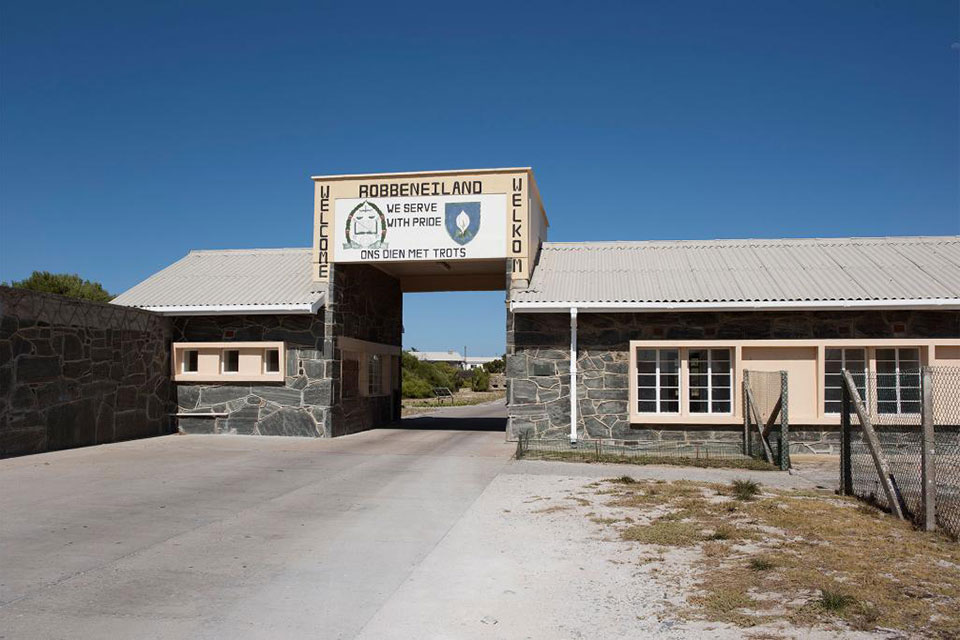
Robben Island, known for its historical significance, now houses the renowned Robben Island Museum. As a living museum, it offers a unique opportunity to explore the island’s rich heritage.
The museum showcases the pivotal role that Robben Island played in South Africa’s political history and the development of a democratic society.
Recognized as a national monument in 1997 and designated as a UNESCO World Heritage Site in 1999, Robben Island holds immense cultural importance. Through its educational programs and exhibits, visitors have the chance to delve into the island’s past, gaining a deeper understanding of its historical significance.
The Robben Island Museum is committed to preserving and sharing the stories of those who were imprisoned on the island during its tumultuous chapters. Visitors can engage with thought-provoking displays and hear firsthand accounts from former inmates, providing a powerful and immersive experience.
By visiting the Robben Island Museum, one can contribute to the preservation and recognition of this cultural site, ensuring that future generations have the opportunity to learn from its powerful history.
It is a must-visit destination for anyone seeking to gain a comprehensive understanding of South Africa’s journey towards freedom and equality.
Conclusion
Robben Island is not just an island; it is a testament to the indomitable human spirit. Its historical and cultural significance cannot be overstated. As a symbol of the fight against injustice and oppression, Robben Island serves as a powerful reminder of the resilience and triumph of the human spirit.
A visit to this island offers a unique opportunity to delve into South Africa’s turbulent past, gaining a deeper understanding of its journey towards freedom and equality.
By exploring the prison where Nelson Mandela and other political prisoners were held, walking through the island graveyard, and witnessing the disused lime quarry and Bluestone quarry, visitors can immerse themselves in the harsh conditions and the bravery of those who fought against apartheid.
The firsthand accounts from former inmates who now serve as guides provide invaluable insights into their personal experiences, making the history come alive.
Today, Robben Island stands as a living museum, operated by the Robben Island Museum. It showcases the island’s history and heritage, contributing to South Africa’s political narrative. Recognized as a national monument and a UNESCO World Heritage Site, Robben Island continues to educate and inspire visitors from around the world.
As you plan your visit to Robben Island, be prepared to be moved by its compelling history. Robben Island is not just a tourist attraction; it is a place of profound significance.
It invites us to reflect on the power of resilience, the pursuit of justice, and the triumph of the human spirit. Don’t miss the opportunity to explore this iconic destination and gain a deeper understanding of South Africa’s complex journey towards freedom and equality.
FAQ
Where is Robben Island?
Robben Island is located in Table Bay, just 6 miles north of Cape Town, South Africa.
How do I get to Robben Island?
To reach Robben Island, you can take a ferry from the Nelson Mandela Gateway at the V & A Waterfront in Cape Town.
What is the historical significance of Robben Island?
Robben Island has a rich history that spans over 500 years. It served as a prison for political prisoners and criminals, housing iconic figures like Nelson Mandela. Today, it is recognized as a UNESCO World Heritage Site and attracts thousands of visitors each year.
What can I explore on Robben Island?
Visitors can take a guided tour to explore various historical sites on Robben Island, including the prison where Nelson Mandela and other political prisoners were held, the island graveyard, the disused lime quarry, and the Bluestone quarry.
The tours provide insights into the harsh conditions that prisoners endured and the fight against apartheid.
Is there a museum on Robben Island?
Yes, Robben Island is now home to the Robben Island Museum, which operates the site as a living museum. The museum showcases the history and heritage of the island, highlighting its significance in South Africa’s political history and the development of a democratic society.
It offers educational programs and exhibits for visitors to learn about the island’s past.

